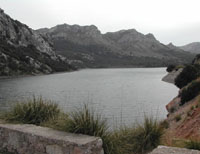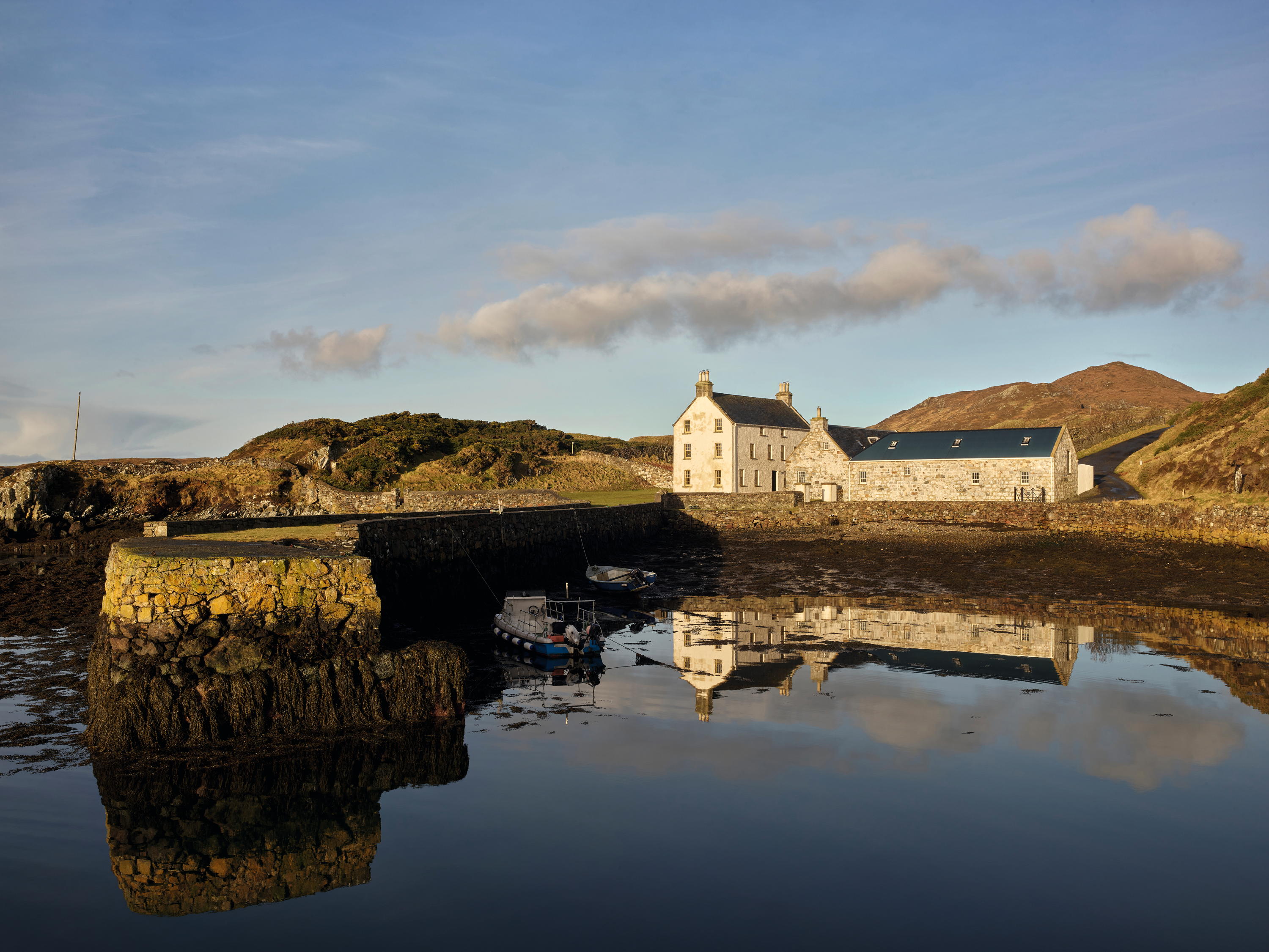COUNTRY LIFE Manifesto: Water meters for every home
Every home in Britain needs a water meter, and the Government, and in particular the Treasury, needs to start taking water shortages seriously.


You only have to take one look at the Lake District to see why the British take water for granted. Flying home after a foreign holiday we drink in the greenness of the fields, like camels at an oasis.
But something new is happening. Water is not as abundant as it used to be. Meteorologists startle us by comparing the rainfall in some parts of the country, at some periods, with the Canary Islands, Jerusalem, or Khartoum. Summers are becoming drier. This should not be too much of a problem, as winters seem to be getting correspondingly wetter. Unfortunately we have not engineered the country to store up that winter water so as to use it during the dry months. We are too good at drainage. This applies not just to the hard surfaces which abound, but also to fields. Rainwater has no chance to soak in before being channelled into pipes and shot out to sea. We squander what we are now beginning to see as a precious resource. It will take a long time to put this right, so a responsible Government would think we had to begin now. There is little sign of it.
And so we have to do something about it ourselves. We live in a water culture exceeding even that of the Emperor Diocletian and other builders of ancient baths. The modern household routinely uses far greater quantities of water than its Edwardian or even post-Second World War equivalent. Until recently, most of us have used power showers, washing machines, dishwashers and garden sprinklers without a second thought. That time is over. There are too many houses, too many bathrooms, too many lavatories, all awash with water, for which most of us pay only a standard charge each year, irrespective of how much we consume. This creates shortages, which inconvenience the water thrifty and water profligate alike. What annoys the householder, who is unable to water his garden, spells death to the wildlife in rivers and ponds. It is not only reservoirs which regularly fall to low levels during the summer. We are sucking the landscape dry.
That is why we made compulsory water metering a demand of the Countryside Manifesto published on August 31. About a quarter of households in the UK have water meters. It is only fair that the rest of the UK should follow suit. The Government has long paid lip service to this objective, but to date, frustratingly little has happened to bring it about. Why not? The answer lies in the reluctance of the Treasury to accept the consequences. Large families use more water than small ones; those large families on benefits would need financial help in paying water charges. This is not a new principle; it is what happens with other utility bills. Nevertheless, the Government will not shoulder the burden. It must do so.
Water metering would save between 10% and 15% of the water used every year. That in itself would be valuable. It would also introduce a new attitude towards water as a resource; other savings, through more water conscious design, would soon follow. Already there are 'smart' meters, which allow householders to monitor their water consumption via the television screen (not compulsive viewing, perhaps, but better, perhaps, than some programmes). They might introduce a spirit of competition in conservation between households. Water meters should be fitted at the boundary of a property, rather than somewhere in the garden. Water companies are charged with repairing their leaky Victorian infrastructure. The individual householder must take responsibilities for leaks occurring on his property.
Water is good to drink, but can have a bad effect on some political minds, to judge from some noises made recently. We hope that the environment Minister, Lord Rooker, is standing in the corner, after his comments about the diversion of water from the north of England to the south being 'immoral'. We notice that there are quite a lot of northerners and Scots in Westminster: are they all immorally drinking southern water, depriving the local population, or is their intake limited to bottles water from the Highlands? Such comments show how far the Government is far from taking water as a serious issue. Ultimately, the answer to our growing water shortage is to build more reservoirs to capture winter water.
To do so would require foresight, planning and political commitment, as well as treasury willingness to allow water companies to make the investment. None of those qualities appear to be in abundance at present.
Sign up for the Country Life Newsletter
Exquisite houses, the beauty of Nature, and how to get the most from your life, straight to your inbox.
Country Life is unlike any other magazine: the only glossy weekly on the newsstand and the only magazine that has been guest-edited by HRH The King not once, but twice. It is a celebration of modern rural life and all its diverse joys and pleasures — that was first published in Queen Victoria's Diamond Jubilee year. Our eclectic mixture of witty and informative content — from the most up-to-date property news and commentary and a coveted glimpse inside some of the UK's best houses and gardens, to gardening, the arts and interior design, written by experts in their field — still cannot be found in print or online, anywhere else.
-
 Alan Titchmarsh: 'It’s all too easy to become swamped by the ‘to-do’ list, but give yourself a little time to savour the moment'
Alan Titchmarsh: 'It’s all too easy to become swamped by the ‘to-do’ list, but give yourself a little time to savour the moment'Easter is a turning point in the calendar, says Alan Titchmarsh, a 'clarion call' to 'get out there and sow and plant'.
By Alan Titchmarsh
-
 Rodel House: The Georgian marvel in the heart of the Outer Hebrides
Rodel House: The Georgian marvel in the heart of the Outer HebridesAn improving landlord in the Outer Hebrides created a remote Georgian house that has just undergone a stylish, but unpretentious remodelling, as Mary Miers reports. Photographs by Paul Highnam for Country Life.
By Mary Miers